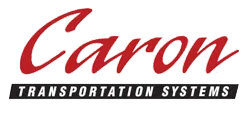Training and Certification:
All personnel involved in the transporation and handling of caustic must be properly trained and certified in hazardous materials.
Protective Gear:
Drivers and handlers should wear appropriate personal protective equipment (PPE), including gloves, goggles, and chemical-resistant clothing.
Emergency Response Plan:
Develop and implement a comprehensive emergency response plan that includes procedures for spills, leaks and accidents involving caustic substances.
Spill Containment:
Comply with all federal, provincial, and local regulations governing the transporation of hazardous materials, including caustic substances.
Safety Inspections:
Regularly inspect and maintain transport equipment to ensure it meets standards and is in proper working condition.


